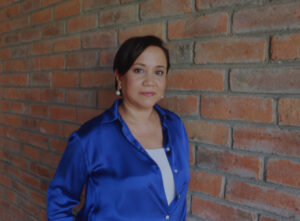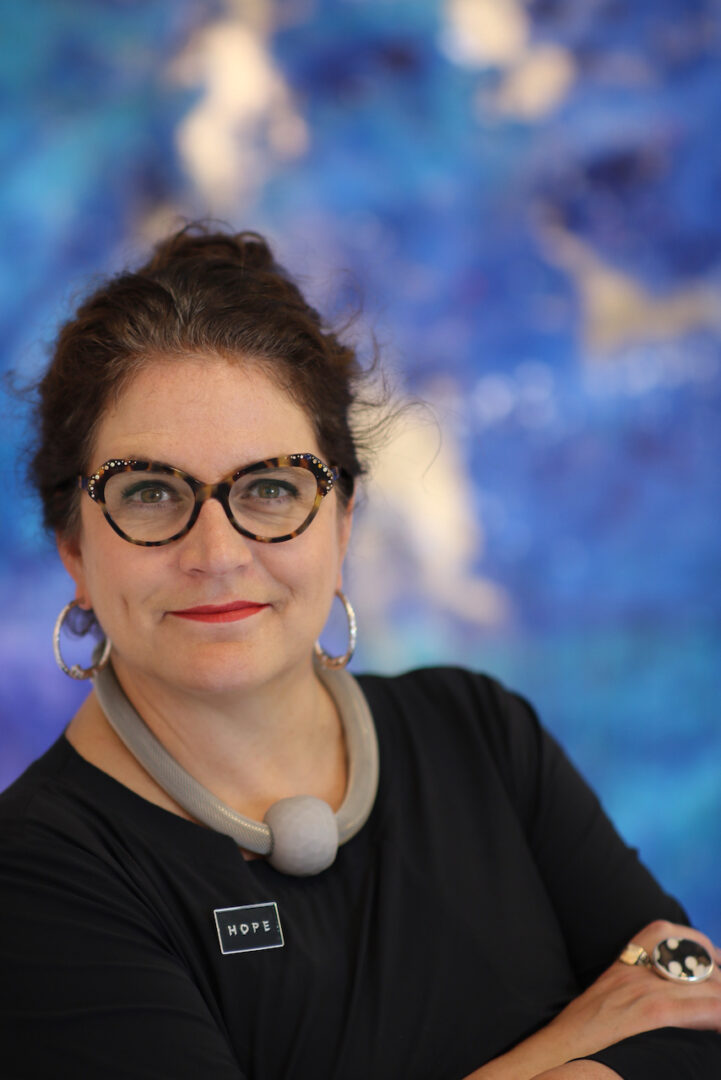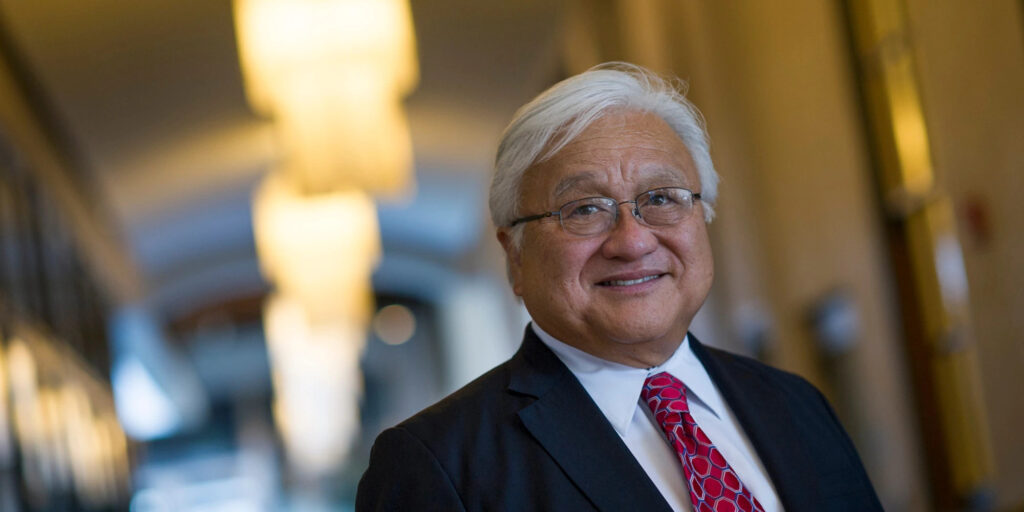by Kyra Buchko and Alyson Lyons
The resounding call for locally-led development by USAID Administrator Samantha Power resonated deeply with us at PartnersGlobal. In her speech from May 2022, Administrator Power reiterated USAID’s commitment to locally-led development as an approach that “prioritizes and elevates the roles of organizations, institutions, and people of the countries we serve” and is “the key to delivering the kind of results that will be visible years and years in the future, long after our programs have wound down.” At PartnersGlobal, we couldn’t agree more.
For more than three decades, our mission and vision for a more peaceful and prosperous world has centered on and assumes a preeminent role of local leadership and locally-led problem-solving. It is the reason we founded The Partners Network of 20+ local, independently operated nonprofits based in Central and Eastern Europe, the Americas, Africa, and the Middle East. We all share what we call The Partners Way – a collective commitment to locally driven development that brings together people, communities, and institutions to jointly reach decisions and take action that build peace and transform conflict. At its core, The Partners Way adheres to the values of inclusion, accountability, resiliency, justice, and nonviolence. In practice, we focus on process guided by principles of locally-led development and centered on the role of local leadership – no matter the issue, topic, or thematic area.
As we begin to feel a real shift across the international donor community, and specifically US government agencies, to adopt a more locally-led development agenda, we are optimistic and hopeful about the next chapter of development assistance. And since we’ve been doing locally-led development for some time now, we’d like to share a few insights from our experience.
Shift Your Mindset to Shift the Power
The first step toward embracing locally-led development is to shift your mindset from one dominated by Western values and priorities to one guided by community-driven needs. The movement to decolonize aid is intricately connected with this idea. The purpose of decolonizing aid is to transform unequal power structures rooted in colonial constructs that prioritize Global North mandates and perspectives, impacting resource allocation and perpetuating discriminatory norms and practices in the international aid system.
So how do we shift our mindsets? First, we must start by asking questions and listening actively to local organizations and partners about THEIR priorities and needs. While it may sound easy, active listening is one of the hardest soft skills to do effectively because it requires that you pay attention, put aside judgment, and withhold opinions or criticisms. Practice, practice, practice active listening and ask for feedback from partners.
Second, we need to reimagine our relationship to our partners by engaging local leaders as peers and colleagues instead of ‘primes and subs’ to our programs. In this way, we can reorient ourselves to learning from each other, valuing everyone’s inputs and experiences. Further, we need to facilitate diverse and equitable participation and involvement in decision making. This means reaching out to amplify and integrate the voices of women, youth, and indigenous communities and peoples to ensure there is meaningful consultation, as detailed in the Global Fragility Act Coalition’s recommendations on local consultation processes. For project-based collaboration, it is critically important to engage all partners consistently and equitably before the program begins, throughout implementation, and well beyond the project’s end date.
Third, let’s be intentional about the language we use when communicating to donors, partners, and peers. Language matters. At Partners, we seek informal and formal input from our partners about the optics and impressions created by the language we use in proposals, discussions with peers, and other communications. This helps ensure that our messaging about our work and our values – including how we talk about local leadership – resonates with and is authentic to local perspectives. And it requires that any new or improved terminology and messaging are translated accurately in local languages and placed into appropriate context.
Progress through Partnership, not Programs
At the end of the day, trust is built and strengthened when we focus on partnership over projects. And trust is a necessary prerequisite for sustaining a locally-led development agenda. Partnership transcends transactional cooperation based on specific activities and forms the basis for continued connection well past the end of a project. Not only do we work toward sustainability of project results and impact, but we view durable and resilient organizational and personal relationships as an ongoing benefit for all parties.
One way to build and maintain trust over time is to collectively design your process for collaboration rather than focus on specific project activities or objectives. The end goal is important, but how you get there matters more in the long run. Ask your partners HOW they view and approach collaboration. What is important to them in terms of process? Where is collaboration needed and not needed? How can systems for program implementation be set up that encourage and foster inclusive participation and input? The emphasis on collaborative process helps to decentralize power and facilitates shared responsibility. It places decision-making more equitably in the hands of the local partners and communities impacted by a development or peacebuilding program.
The locally-led development agenda calls on all of us to be far more ambitious in expanding who we work with, and changing how we work so that collectively we drive the sustainable, lasting change that we all seek. This is how we at PartnersGlobal will continue to support local leadership to inspire and guide communities to peacefully manage change.



